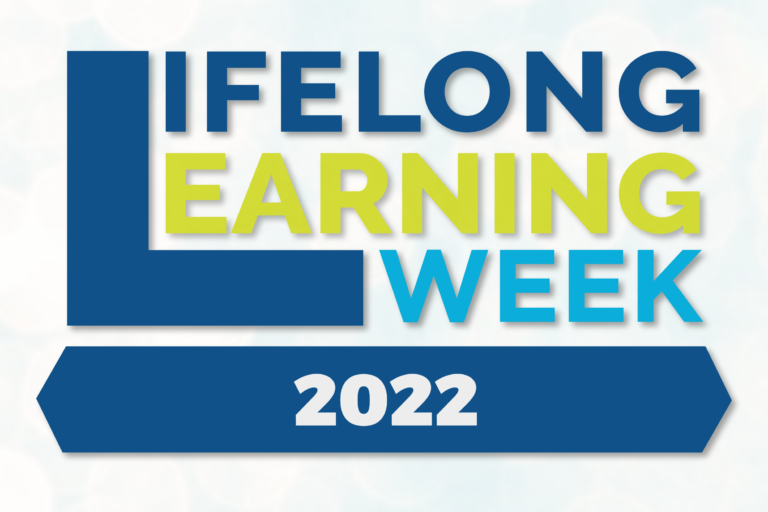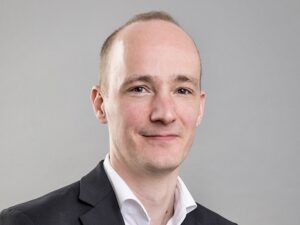Brussels, 16 May 2023
Our two policy events featured at the Lifelong Learning Week 2022

In the week of the 28th of November to the 2nd of December 2022, the Lifelong Learning Platform provided space and visibility for its members to connect with the policy makers in Brussels. ECSWE took this opportunity and organised two events.
Educational pluralism and public funding of education go hand-in-hand
The freedom of parents to choose the preferred educational approach for their children, is in many European countries prevented by inadequate public funding. This often forces schools to charge significant school fees which in turn makes these schools only accessible to a selected number of families, and prevents educational pluralism.
The analysis of this issue was at the heart of the policy event on the 29th of November, which we organised in cooperation with the European Council of National Associations of Independent Schools and with OIDEL. During the event, a message of support for achieving more educational pluralism came from MEP Isabel Benjumea (EPP).
MEP Victor Negrescu hosted our event on digital media education
As the initiator of the Parliament’s 2021 report on Shaping digital education policy, MEP Negrescu (S&D) showed his appreciation for our advocacy for an age-appropriate media education by hosting our event on Media Maturity and How to Build It. The event took place on the 30th of November in Brussels, and was co-organised with our partners from the Alliance for Childhood, on whose behalf Cristopher Clouder did the moderation. The event was also attended by a delegation from the Digital Education Unit of the European Commission on whose behalf Simona Petkova gave a reflective speech at the end of the event.
What were the key messages? Take a look here:
Media maturity as the goal of digital media education
The keynote speech was delivered by Prof. Dr Paula Bleckmann from the Alanus University, who presented the findings of her 2022 German-wide MünDig study. The study covers media education practices in alternative educational settings, including Steiner Waldorf schools and kindergartens. According to the study, teachers are starting to build media maturity from a young age by introducing analogue media tools, and only after mastering analogue techniques are the pupils introduced to digital media tools.
Márti Domokos proceeded with presenting the aims of the HERMMES project that is based on the need for the whole school community approach to media education, including parents. Arja Krauchenberg from the European Parents’ Association stressed the need for in-person teaching, active involvement of parents and the crucial role of teachers in building media maturity.
A question? Please don’t hesitate to contact us!




